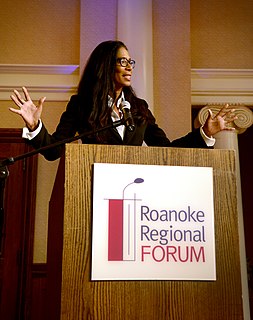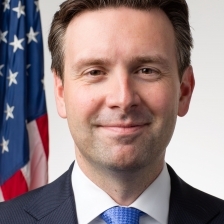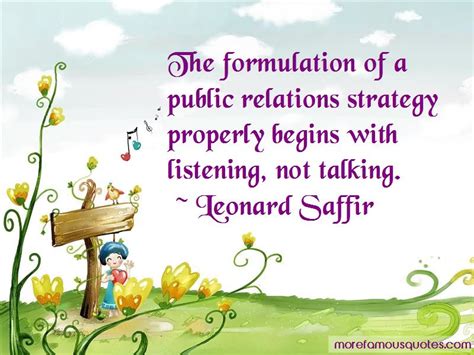A Quote by Steven Fink
I never assign blame in a crisis. There is no benefit to doing so.
Related Quotes
A typical leader has - a natural tendency is to be defensive in the face of a crisis. The first reaction is to blame someone - or something - else. Often, the blame is aimed at something abstract or non-controllable, which often has nothing to do with the crisis but is adjacent to whatever is going on, so it's an easy target.
Intrapreneurs consider them-selves on a mission to help society, to give it what it needs and wants, to truly serve others and improve themselves. Like all producers, they believe in a deep accountability, refuse to assign blame, don't believe in failure, and give their heart and sould to truly serve the customer and benefit society.
When you plant lettuce, if it does not grow well, you don't blame the lettuce. You look for reasons it is not doing well. It may need fertilizer, or more water, or less sun. You never blame the lettuce. Yet if we have problems with our friends or family, we blame the other person. But if we know how to take care of them, they will grow well, like the lettuce. Blaming has no positive effect at all, nor does trying to persuade using reason and arguments. That is my experience. No blame, no reasoning, no argument, just understanding.
Global warming activists claim a serious public concern presently exists and the overwhelming majority of scientists agrees humans are creating a global warming crisis. The survey of AMS meteorologists, however, shows no such overwhelming majority exists. Indeed, to the extent we can assign a majority scientific opinion to whether all the necessary components of a global warming crisis exist, the AMS survey shows the majority does not agree humans are creating a global warming crisis.



































